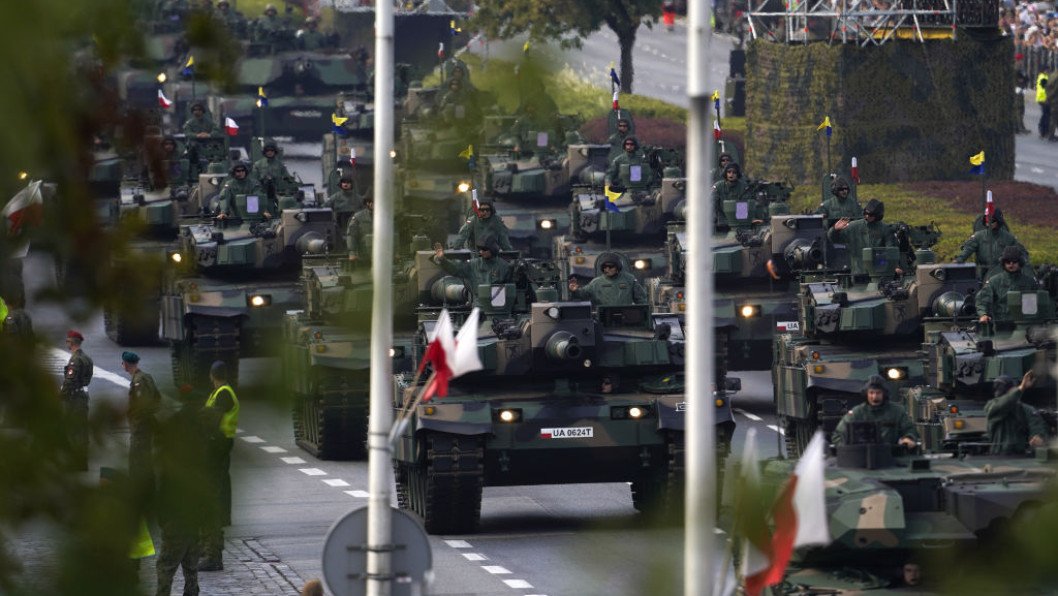- Category
- Latest news
Latvia Bans Russian and Belarusian Citizens from Working in Critical Infrastructure

The Latvian Parliament has adopted amendments to the National Security Law that prohibit Russian and Belarusian citizens from working in or providing services to the country’s critical infrastructure.
According to Delfi on June 13, under the new law, critical infrastructure is defined as facilities, systems, or components located in Latvia that are essential to public health, safety, national security, or the economic and social well-being of the population.
The amendments explicitly ban Russian and Belarusian nationals from employment or service provision in such sectors if their work grants access to sensitive data or technological systems vital to infrastructure operations. Exceptions will be allowed only with special authorization from Latvia’s national security authorities.

The law also blocks Russian and Belarusian citizens, as well as companies registered in those countries, from owning or benefiting from critical infrastructure. Nationals of Russia and Belarus will be barred from serving on management boards of infrastructure entities.
To enhance resilience, the legislation requires that infrastructure owners demonstrate loyalty to Latvia and its Constitution. Providing support — including informational — to actors or states that threaten the sovereignty, independence, or constitutional order of democratic nations is strictly prohibited.
Earlier, Lithuania introduced a ban on all vehicles registered in Belarus, according to an announcement by the State Border Committee of Belarus.
The new restriction applied to passenger cars regardless of the owner’s or driver’s nationality.
Previously, similar measures excluded non-commercial vehicles and allowed exceptions for cars owned by Belarusian citizens holding valid visas or residence permits in EU member states. The latest regulation removes those exemptions.



-111f0e5095e02c02446ffed57bfb0ab1.jpeg)



-72b63a4e0c8c475ad81fe3eed3f63729.jpeg)